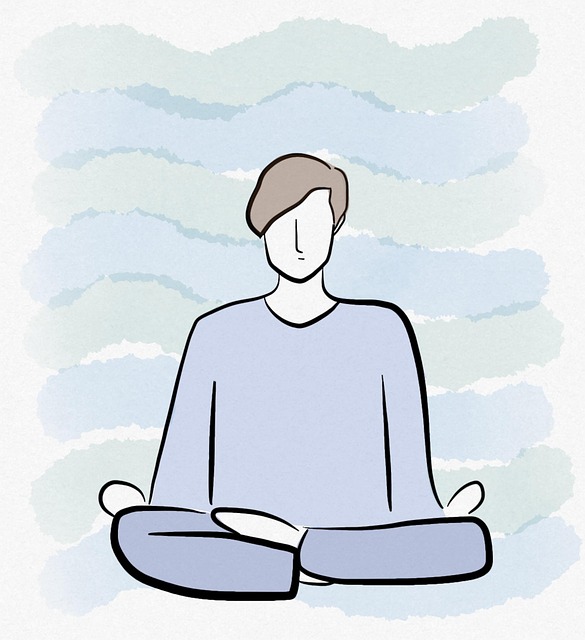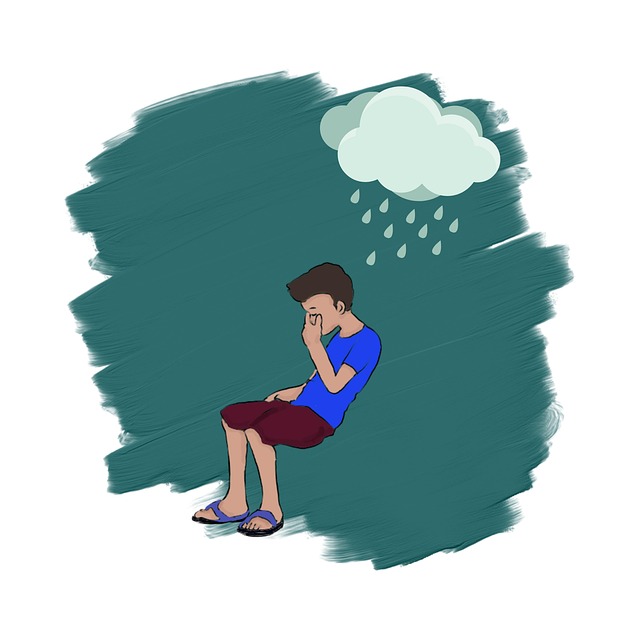In today's diverse mental healthcare landscape, professionals must be skilled in navigating cultural differences to provide effective therapy, especially when treating elders or individuals in polyamorous/open relationships. This involves understanding unique contexts, respecting norms and beliefs, and offering tailored support for age-related issues or societal stigma. Training programs, inclusive education, and culturally sensitive tools are crucial to enhancing care, improving treatment outcomes, and ensuring patient satisfaction for diverse populations.
In today’s diverse society, cultural sensitivity in mental healthcare is paramount. The practice of therapy must adapt to accommodate the unique needs of individuals from various backgrounds, including elders, polyamorous folks, and those in open relationships. This article explores the importance of understanding cultural diversity in mental healthcare, delves into specific challenges faced by these groups, presents strategies for therapists to enhance cultural sensitivity, and shares inspiring case studies showcasing successful cultural competency in practice, particularly focusing on therapy for elders, polyamorous individuals, and those with open relationships.
- Understanding Cultural Diversity in Mental Healthcare
- Challenges and Considerations for Elders, Polyamorous Individuals, and Open Relationship Seekers
- Strategies to Enhance Cultural Sensitivity in Therapy
- Case Studies: Successful Cultural Competency in Practice
Understanding Cultural Diversity in Mental Healthcare

In the realm of mental healthcare, recognizing and respecting cultural diversity is paramount to delivering effective therapy. With a growing populace comprising various ethnic, religious, and socio-cultural backgrounds, including those with unique relationship dynamics like polyamorous and open relationships, mental health professionals must be adept at navigating these differences. Understanding that cultural context significantly influences an individual’s emotional well-being promotion techniques and trauma support services is crucial. Each culture carries its own set of beliefs, values, and practices that can either enhance or impede the therapeutic process.
For instance, therapists catering to elders from diverse backgrounds must be sensitive to age-related attitudes within those cultures, ensuring safe spaces where seniors feel comfortable sharing personal experiences and seeking inner strength development. Similarly, when treating individuals in polyamorous or open relationships, therapists should demonstrate a non-judgmental attitude, fostering an environment that respects the client’s choices while offering trauma support services tailored to their specific needs.
Challenges and Considerations for Elders, Polyamorous Individuals, and Open Relationship Seekers

The mental healthcare landscape is becoming increasingly diverse, presenting unique challenges for professionals when treating specific populations. When it comes to therapy for elders, cultural sensitivity is paramount as ageism and intergenerational differences can impact the therapeutic relationship. Healthcare providers must be mindful of the individual’s life history, including their experiences with aging in a society that often marginalizes older adults.
Similarly, polyamorous individuals and those seeking open relationships require tailored support. Mental wellness coaching programs should address the unique challenges these individuals face, such as navigating complex emotional dynamics, dealing with societal stigma, and finding therapists who understand non-monogamous relationships. The Healthcare Provider Cultural Competency Training plays a vital role in equipping professionals with the skills to offer sensitive and effective support for these diverse client groups, ensuring that everyone receives appropriate mental wellness journaling exercise guidance.
Strategies to Enhance Cultural Sensitivity in Therapy

Enhancing cultural sensitivity in therapy requires a multifaceted approach, especially when catering to diverse populations such as elders and those in polyamorous or open relationships. First, mental health education programs design should prioritize inclusive learning materials that reflect various cultural backgrounds, beliefs, and values. This ensures therapists are equipped with knowledge about potential unconscious biases and how they might impact treatment.
Additionally, crisis intervention guidance tailored to specific cultural contexts can significantly improve care. For instance, understanding the unique risk factors and coping mechanisms within different communities allows for more effective risk assessments for mental health professionals. This might involve incorporating culturally sensitive tools during initial assessments for all clients, with a special focus on recognizing and addressing potential cultural barriers in therapy for elders and non-traditional relationship structures like polyamorous or open relationships.
Case Studies: Successful Cultural Competency in Practice

In recent years, mental healthcare has seen a growing recognition of the importance of cultural sensitivity, particularly when treating diverse populations such as elders and those in polyamorous or open relationships. Successful case studies highlight the positive impact of culturally competent practices. For example, research into therapy for elders from diverse cultural backgrounds reveals improved treatment outcomes when therapists adapt their approaches to incorporate traditional healing methods and respect familial structures unique to each community. This personalized care not only enhances patient satisfaction but also encourages adherence to treatment plans.
Moreover, understanding the nuances of polyamorous and open relationships has become crucial in mental healthcare. Studies demonstrate that therapists who are attuned to these alternative relationship models can create safer spaces for clients to explore their identities without judgment. By integrating Burnout Prevention Strategies for Healthcare Providers and fostering a culture of Mental Health Policy Analysis and Advocacy, professionals can ensure they remain sensitive to the evolving needs of diverse communities, ultimately promoting more inclusive and effective mental healthcare practices.
Cultural sensitivity is paramount in mental healthcare, ensuring effective treatment for all individuals, regardless of their background. By understanding cultural diversity and implementing strategies to enhance sensitivity, therapists can overcome challenges faced by specific groups like elders, polyamorous individuals, and those in open relationships. The case studies presented highlight successful cultural competency practices, emphasizing the importance of tailored approaches in therapy. Embracing these insights will enable professionals to provide more inclusive care, fostering better outcomes for diverse populations, especially in addressing unique needs related to Therapy for Elders, Polyamorous, and Open Relationships.














